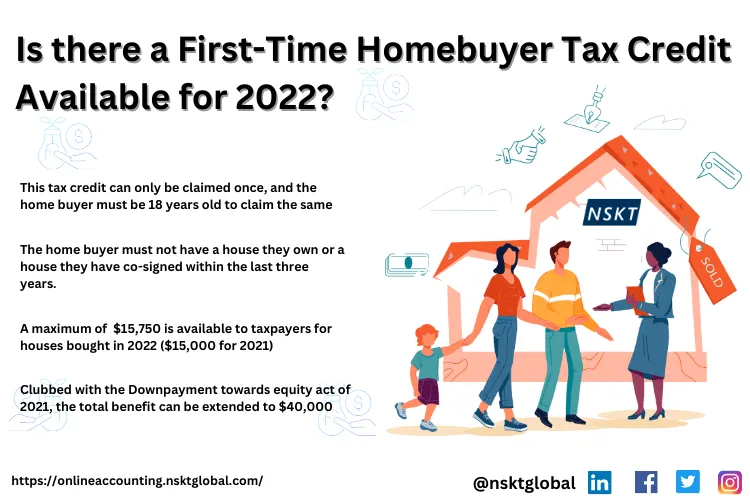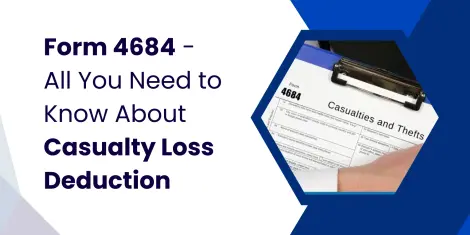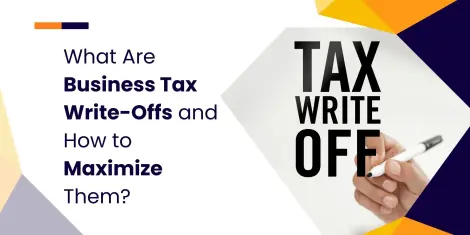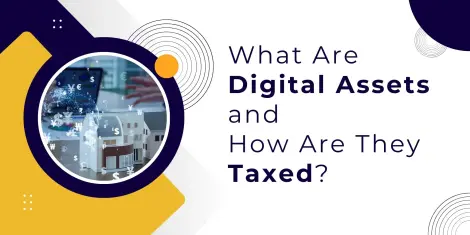Table of Contents
The Internal Revenue System has made several attempts to help taxpayers enhance their spending capacity by providing credits and deductions for specific transactions. The first-time homebuyer credit is one such bill, which was proposed in April 2018. This bill is yet to be passed. However, this bill changes the IRS's current tax code and entitles taxpayers about to buy a home for the first time with a $15,000 federal tax credit. This tax credit was proposed to help low-income Americans own their homes. Let us discuss the First Time Homebuyer Tax Credit in detail and determine who is eligible for this tax credit, in addition to several other attributes.
What is the First-Time Homebuyer Credit?
The bill introducing the First Time Homebuyer Tax Credit provides communities that have been historically marginalized with opportunities to build wealth by giving them a $15,000 tax credit, but it is yet to be passed. The First Time Homebuyer Tax Credit is not a loan that needs to be paid off nor is it a cash grant. If you are entitled to the tax credit, it shall be applied to the federal tax bills you are yet to pay. To claim this tax credit, one would only be required to do something other than fill out a Form 1040 and provide documents supporting the purchase of the house. The program is applicable to every home that has been purchased after January 1, 2021.
According to IRS documents dated back to January 2010, the maximum tax credit a first-time home buyer could receive was $8,000. Therefore, the First Time Homebuyer Tax Credit Bill is a long shot from the tax credits previously provided to first-time home buyers. However, the 2021 First Time Homebuyer Tax Credit works just like the tax credit passed in 2008. If you are eligible for the tax, you can receive a credit of 10% of the price of the home, amounting to $15,000. Upon receiving the credit successfully, the tax credit will be used to lower your federal tax bills.
Who qualifies for the First Time Homebuyer Tax Credit?
Several requirements need to be met for a taxpayer to be able to claim this tax credit. The conditions that determine whether a taxpayer is entitled to this tax credit are as follows:
1. The home buyer must not have a house they own or a house they have co-signed within the last three years.
2. This tax credit can only be claimed once, and for the taxpayer to claim the First Time Homebuyer Tax Credit, the home buyer must not have availed the same earlier.
3. It is required for the homeowner to earn at least 60% more than the median income of the area where the house is situated.
4. A home buyer must be 18 years old to claim this tax credit.
5. A taxpayer cannot claim the tax credit under discussion if the house is being bought for a relative.
6. One must also note that the taxpayer must stay within the upper limit of median AGI for the area for them to be able to claim this tax credit. The IRS has set this rule, as this act mainly focuses on helping middle and low-income families.
Limits and repayments related to First-Time Homebuyer Tax Credit:
According to the bill, a total tax credit of $15,000 will be provided if the house is bought in 2021. If the house were purchased in 2022, $15,750 would be received. However, the taxpayer is entitled to a maximum tax credit of $16,538 if the house is to be bought in 2023. The First Time Homebuyer Tax Credit keeps changing over the year, considering the inflation rates for the year. Several rules will be enforced once the bill is passed to prevent house flippers and real estate agents from benefiting from this act. If the taxpayer sells the house within a year, they must repay 100% of the tax obtained., which would stand around $15,000. If the taxpayer plans to sell or move from the house, they must repay 75% of the tax credit in taxes, and 50% if the homebuyer changes their primary residence in 2 years, 50% of the tax credit in case they are moving in the third year. The tax liability goes down to 25% if the house is sold within the 4th year of the purchase. However, owning the house for more than four years would rid you of all tax liabilities.
How to get the First Time Homebuyer Tax Credit
As this bill is yet to be passed, there are no clear instructions regarding how taxpayers can claim this tax credit. However, tax professionals believe that the First Time Homebuyer Tax Credit will function similarly to the tax credit passed in 2008, and the taxpayer would be required to fill up an extra form and provide documents that prove the purchase of a house. Further information will be made available regarding this tax credit by the IRS once it is passed.
What is the Downpayment towards equity act?
House Financial Service Committee Chair Maxine Waters introduced the Down Payment Toward Equity Act to mitigate the currently existing housing crisis in the USA. It is meant to establish a grant program to assist underserved homebuyers with down payments and other home-purchasing costs. Most low- and moderate-income people need help saving money to make the down payments for a new house, inhibiting them from purchasing their own homes. Families have stated to be capable of paying their mortgage installments, but they have mentioned that the initial Down Payment deters them from buying their own homes. The Down Payment Toward Equity Act is meant to tackle this issue while helping underserved families build home equity.
This program will be more helpful for underserved households, first-time home buyers that haven\'t owned a house before, and first-generation home buyers. If a current taxpayer has lived in a foster home, they are also entitled to benefit from this program. An eligible home buyer would receive $25,000 cash. This helps the taxpayer offset costs like the offset closing costs, interests, and taxes. This program and the First Time Homebuyer Tax Credit can help taxpayers by providing a maximum tax credit of $40,000.
Taxpayers often need to be made aware of several benefits provided by the government that they can benefit from. This awareness comes from timely research and thoughtful strategization of tax returns. Staying on top of one's tax affairs while building a business can get hectic, which multiplies the chances of making tax filing errors. If you want to avoid the above mentioned situation, you can take help from tax accountant near me that professionals trained to help their clients obtain maximum tax deductions and credits. The professionals at NSKT Global track your transactions and purchases to provide you with the best tax return strategies. Head to the official NSKT Global website and learn how to save on your tax bills!
FAQs
1. Do I need to find a tax accountant near me to file for the First Time Homebuyer Tax Credit once it has been passed?
You do not need to waste your time looking for a credible Tax accountant in your vicinity. You can file taxes online or contact a tax preparer near me.
2. Do I need to fill up another form in addition to Form 1040 to avail the First Time Homebuyer Tax Credit?
As the bill is yet to be passed, no precise information regarding the filing process for this credit has been communicated by the IRS.
3. What does a taxpayer have to do to qualify for the First Time Homebuyer Tax Credit?
Only taxpayers that earn 60% more than the median income of the locality are eligible for this tax credit. However, if the taxpayer makes more than the median AGI of the taxpayers within the locality, they are not entitled to the credit!
4. How can I apply for the First Time Homebuyer Tax Credit of $15,000?
You do not have to apply for the credit, as it is earned automatically. If you meet all the qualifying factors, the IRS will credit the amount you’re entitled to.
5. Do I have to pay a tax liability if I choose to move to another place?
Yes, there are different percentages of the First Time Homebuyer Tax Credit that you would have to pay to the IRS if you move within four years from the date of purchase of the house.
6. Can I claim the First Time Homebuyer Tax Credit if I buy a home with my fiance, who has owned a house before?
As long as you are buying the house with someone that is not a relative, and one of you have not bought a home yet, you are eligible for the tax credit.
7. Would I be entitled to the First Time Homebuyer Tax Credit if I buy a trailer house or a mobile house?
Yes, you would be eligible for the tax credit as long as the home you have brought is zoned as a residential property!
8. How high do taxpayers earnings have to be to no longer be eligible for this tax credit?
If your household income is less than 1.6 times the area's median income, you are entitled to one too.







